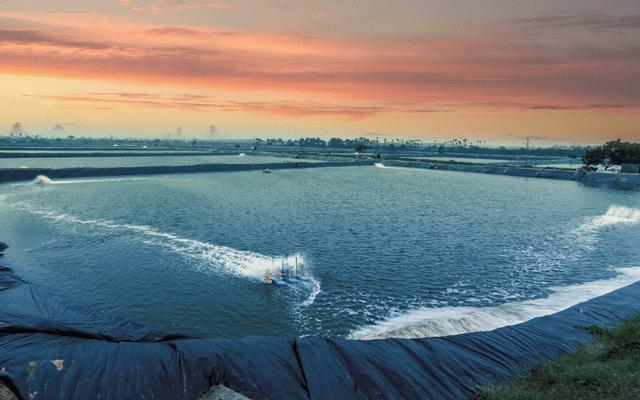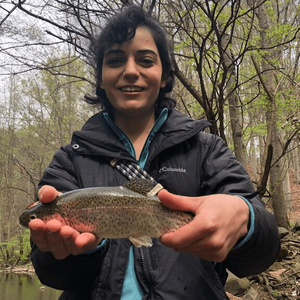The Global Aquaculture Alliance’s (GAA) Best Aquaculture Practices (BAP) certification program and traceability companies Wholechain and Legit Fish are developing real-time digital solutions to strengthen BAP’s visibility into producer supply chains. In collaboration with global seafood suppliers Thai Union and Devi Seafoods, BAP is working to enable direct data transfer from BAP-certified facilities to BAP’s internal data systems as companies trace products in their supply chains. This collaborative integration allows seafood businesses, the marketplace, regulators and BAP to meet their traceability data requirements without duplication of effort.
“Real-time, digital traceability opens a new world that the retailer and consumer can easily enter – via QR code – to view the full provenance and sustainability of seafood products. This will begin with basic information, but it will lead to opportunities to tell the full story of responsible production processes in ways that haven’t previously been possible,” said GAA president George Chamberlain.
In December 2020, the beta version of this integration was launched with Wholechain. Chicken of the Sea/Thai Union began implementation with commercial shipments going to retail with their BAP four-star frozen shrimp from India.
We are excited to introduce this integration with BAP to our users,” said Annie Opel, Director of Technology Operations at Wholechain. “We see interoperability and connecting related data systems as the future of how traceability will work, particularly in the food industry. It is good for business, good for certification and good for consumers. We see this as not only a valuable innovation for BAP, but a valuable innovation for certifications in general, and we expect other certifications to follow BAP’s lead. It has been a privilege to collaborate with the BAP team and our partners at Thai Union, and we are excited about the road ahead.”
During most of 2020, Legit Fish worked concurrently with Devi Seafoods and Eruvaka Technologies on another component of this data-sharing initiative. Eruvaka Technologies brought a unique element to this Indian shrimp farming project with its appetite-based feeding and water quality monitoring equipment developed to harness the power of sensors, mobile connectivity and decision tools and automatically collect key traceability data.
These pilots come as the seafood industry places a greater emphasis on technology-driven traceability because consumers and retailers demand greater levels of transparency for products consumed. The industry is also adjusting to upcoming regulatory requirements such as the U.S. Food and Drug Administration’s Food Safety Modernization Act, specifically Rule 204, which will require seafood companies to capture traceability back to the farm or boat.
BAP looks forward to collaborating with others in the industry as the program makes progress in this traceability initiative. BAP encourages those interested in providing input on this exciting work to reach out directly to the team.













